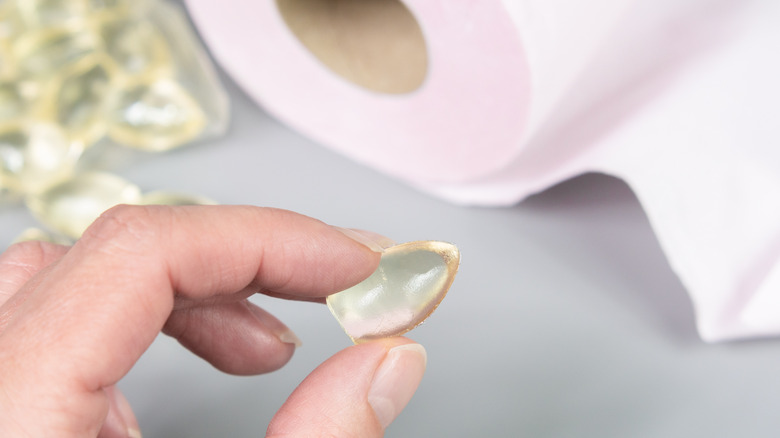Many doctors would recommend a stool softener or laxative for constipation.
While both products can be effective, choosing one over the other depends on your needs.
As the name suggests, these drugs make the stool easier to pass by softening it.

The effects kick in within one to three days of use, according to theU.S.
National Library of Medicine.
Note that all stool softeners are laxatives.

Osmotic agents, stimulants, and fiber supplements have laxative effects, too.
These medications serve the same purpose, but each has a different mechanism of action.
Basically, they stimulate the muscle contractions that move food through the gut.

So, should you take a stool softener, or a laxative like Dulcolax or Senokot for constipation?
The answer depends on the root cause of your problem and what other medications you are taking.
These medications can be used on a daily basis without causing significant side effects, notes theMayo Clinic.
The downside is that they may not work for everyone.
Current evidence doesn’t support their use in the treatment of constipation.
Bulk-forming laxatives, such as psyllium husk and other fiber supplements, are safe to use daily.
Generally, they take anywhere between 12 hours and several days to work, saysHarvard Medical School.
The same goes for saline laxatives, which may lead to electrolyte imbalances.
In the long run, they may affect bowel function and cause dependency, notes Harvard Medical School.
These medications should be your last resort.
Laxatives, whether we’re talking about stimulants or stool softeners, are not a long-term solution.
Considering these risks, it’s better to see your doctor sooner rather than later.
Likewise, you should call your healthcare provider if you experiencemajor changes in bowel habits.